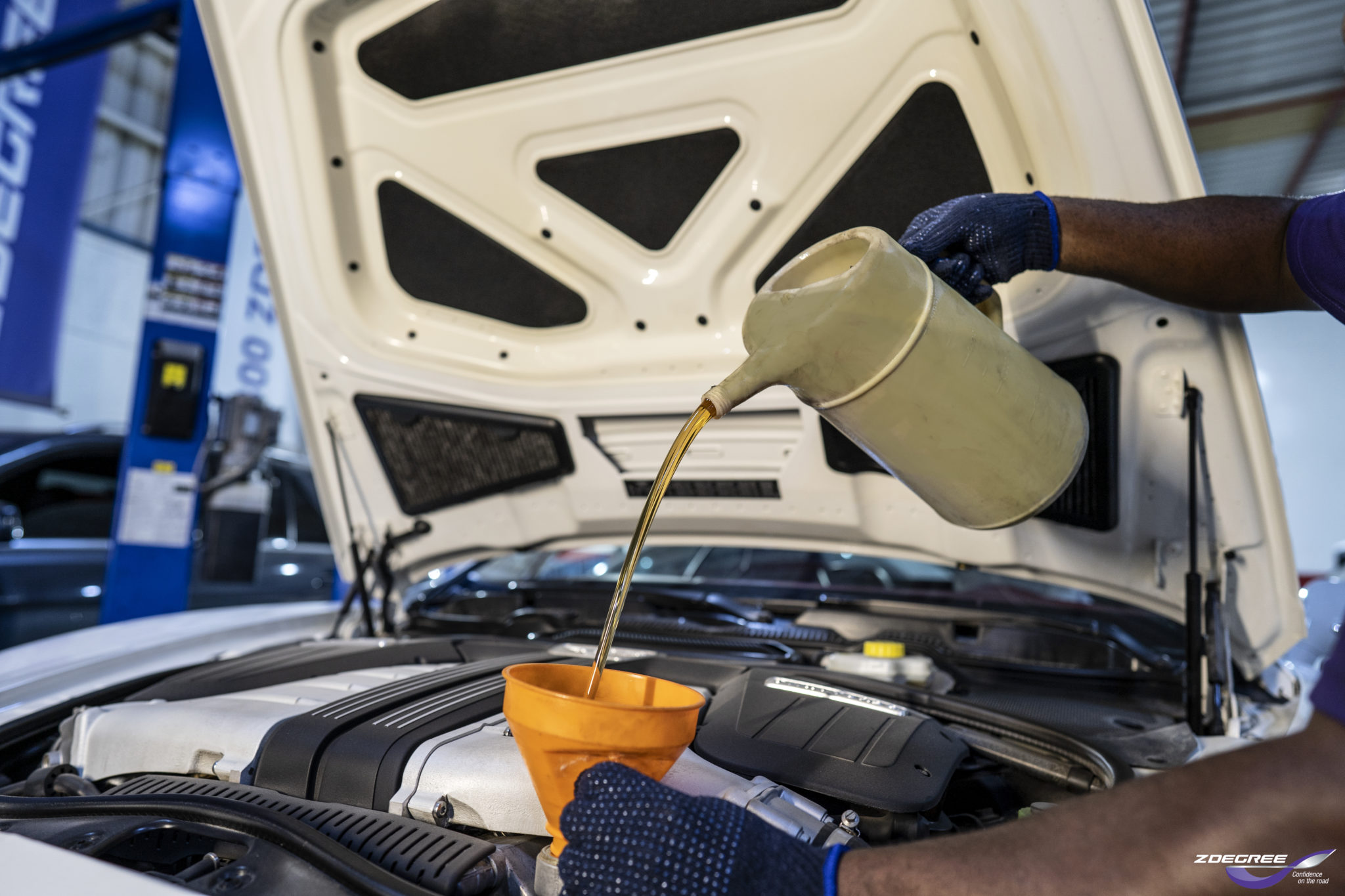Separating Oil, Gas, and Water

Before we delve into the treatment and handling of these fluids, we must understand their separation process. The separation process happens in three primary stages: primary, secondary, and tertiary separation. The primary phase of separation occurs at or near the wellhead, where the fluids are sent through high-pressure separators. The gas phase is separated from the liquid phase, and the liquid is pumped to the secondary separator. In the secondary separator, the liquid stream is further separated into oil and water, with the water considered a waste product.
Further Handling of Oil
The separated oil is further treated and handled to meet pipeline specifications. One essential process is removing impurities such as water and sediment from the oil. This is done through a process called dehydration, where the oil is sent through a liquid holder with demulsifiers and heated to remove any remaining water. Once the oil is dehydrated, it is sent through a series of filtration systems to further remove impurities like sediment, solids, and other contaminants.
Further Handling of Gas
The separated gas is also treated and handled to meet pipeline specifications. Although natural gas is considered to be a cleaner fuel, it still contains impurities that need to be removed. The gas is sent through a process called acid gas removal, where any acidic components like hydrogen sulfide or carbon dioxide are removed before the gas is compressed and sent for commercial use.
Further Handling of Water
Lastly, separated water is considered a waste product and must be handled and treated in a way that minimizes the environmental impact. The produced water must be treated to remove any harmful chemicals or impurities before it can be discharged. The common method of treating produced water is through the use of pre-treatment technologies that remove suspended solids through filtration, and then it is sent through a secondary treatment process to remove dissolved solids.
Conclusion
In conclusion, treating and handling the different phases of fluids that come with oil and gas extraction play a critical role in meeting pipeline sales contracts. With the increasing focus on environmental protection, it has become more imperative to handle and treat produced water in a way that minimizes its impact on the environment. Furthermore, the oil and gas industry continues to evolve, increasing the need for more efficient and environmentally friendly methods. Adopting more sustainable methods of treating and handling separated fluids is critical to the success of oil and gas companies globally.
Keywords: Separate oil gas and water, treatment, handling, individual, pipeline sales contract, primary, secondary, tertiary separation, impurities, dehydration, filtration systems, gas, acid gas removal, natural gas, environmental impact, waste product, pre-treatment technologies, dissolved solids, sustainable methods, oil and gas companies.